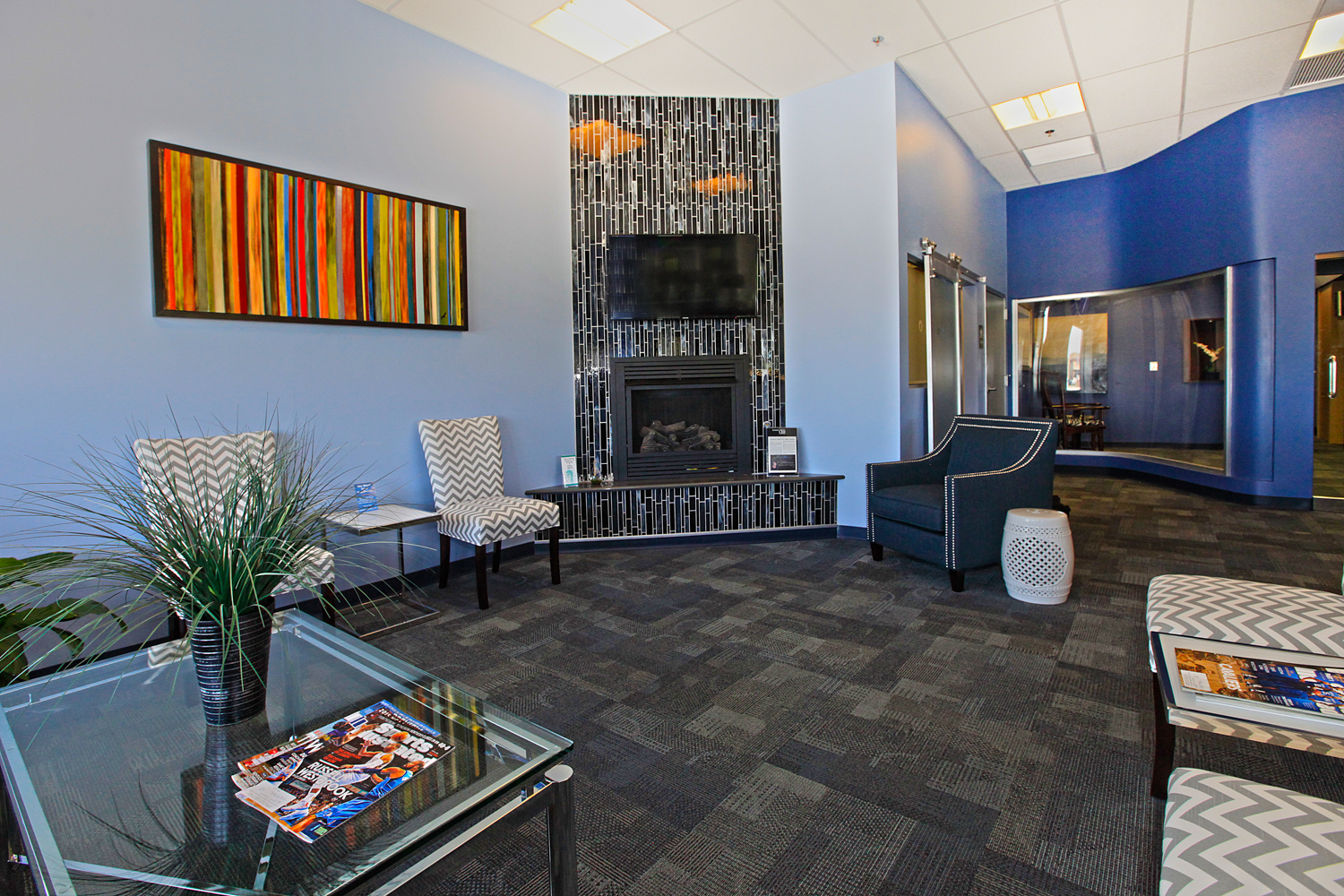Sleep Study Overview – What You Should Know if You Need to Have One
Sleep Apnea Can Be Confusing, But It Doesn’t Have to Be
September 21, 2016Sleep Study: What is it and how does it work?
October 5, 2016A sleep study is basically a doctor or dentist’s way of seeing what is going on with your body while you are sleeping.

Hilliard Cosmetic dentist Mark Levy, D.D.S. specializes in a wide range of cosmetic dentistry techniques. At his practice, located in Hilliard, near Columbus, Ohio, Dr. Levy provides an array of cosmetic dentistry procedures, such as Americas-best-dentist porcelain veneers, headache therapy, sleep apnea, dental implants and more.
Mark Levy DDS
1925 Hilliard Rome Rd
Hilliard, OH 43026
https://marklevydds.com
A sleep study is what is used to diagnose sleep apnea and other issues that could be affecting your quality of sleep. They connect your body to monitors and watch what happens when your body goes through the different cycles that naturally occur when you sleep, like REM (rapid eye movement), and NREM (non-rapid eye movement). If you are going in to have a sleep study done in or around Columbus, Ohio, here are a few important things that you should know.
Why Would You Need to Have a Sleep Study?
When your doctor or your dentist believes that you are having some type of an issue during your sleep, they are likely going to send you to have a sleep study. This can be one where they only measure how much you toss and turn through a small device placed on your wrist and that can be done at home, or this could be the type of sleep study that must be done in a lab and measures a lot more information. These results can help you get diagnosed with some common issues, including sleep apnea, snoring that goes beyond the occasional cold and becomes excessive or stops you from being able to stay asleep, sleepwalking, narcolepsy, and insomnia.
What Happens During a Sleep Study?
Depending on which type of sleep study you have done, you are either minimally monitored with small devices or hooked up to larger machines that measure different functions of your body while asleep. These machines are looking to see how evenly you breathe, how much and how often you snore, how many times you roll or rotate during the night, how many times you fall in and out of REM sleep, and how long it takes for you to fall asleep or wake up in the morning. Each of these bits of information allow your dentist or doctor know what is going on with your body, and can help them diagnose you with things that could be causing you to have trouble sleeping.
The Different Types of Sleep Studies Tell You Different Information
If you are sent for a MWT, that means they are doing what is known as a test that measures if you are able to maintain wakefulness during times where you shouldn’t have an issue staying awake. This means, they want to know if you are able to stay awake during times where your body should naturally be awake. If you cannot stay awake properly during the day, this could point to apnea where you are not getting solid sleep due to breathing issues, snoring that is affecting your ability to fall and stay asleep, and even moving around excessively during the night.
If the sleep study you are having done is called an MSLT, then the test is trying to measure sleep latency on multiple levels. This test measures how long it takes for your body to be completely asleep, plus it measures at what point in your sleep that your body is finally able to enter REM sleep. These are important numbers to keep track of if you are trying to diagnose things like insomnia and the effects of snoring.
For a polysomnogram, you are having a comprehensive sleep study done. This is not the type with a wrist monitor that can often be done at home. That is called an actigraphy. Instead, this is one where there is a wide range of measurements that are being monitored at the exact same time. You are being measured for things like how much carbon dioxide is in your blood stream, how much oxygen is in your blood stream, your heart rate and the rhythms that is goes through while you are sleeping, how much brain and eye activity is going on while you are trying to sleep, the rate and rhythm you breathe at when sleeping, how many times you move while trying to sleep, and how much air is flowing through your lungs during your sleeping time. This can be all you need to have done when you are trying to diagnose extreme cases of apnea, snoring, and other problematic sleep problems.
Avoiding Fear During a Sleep Study Can Help Doctors Get More Information
Having a sleep study is nothing to be afraid of, and it can enlighten both you and your doctor or dentist to things that may be going on within your body. The more you can figure out during your sleep study, the better off your future levels of sleep can be. Take the time to discuss the hopes and goals of having a sleep study before it begins, so that you know what type of things your doctor or dentist is looking for.
